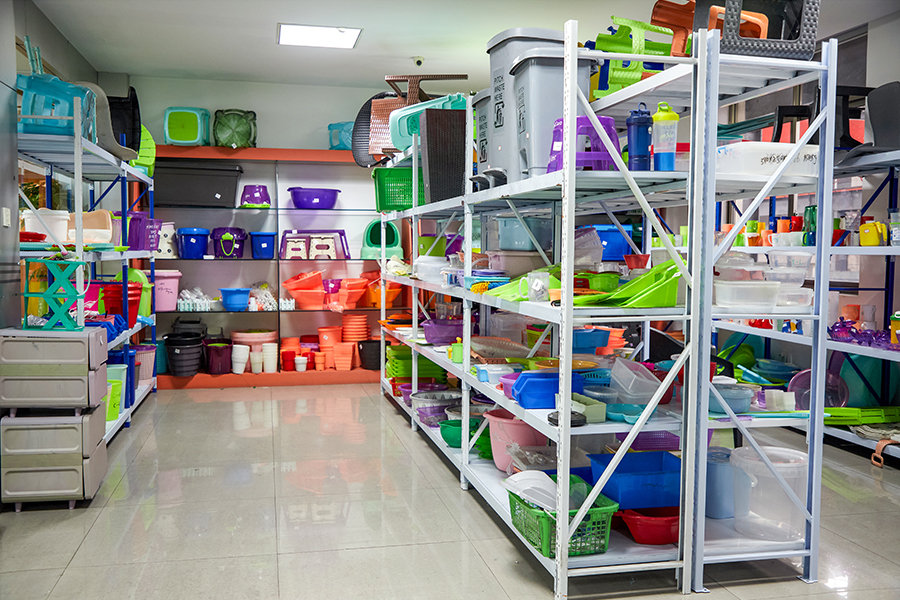The Plastic Thin Space Cup Mould represents an innovation in the manufacturing o...
-

+86-15068654601
-

No.62 Zhao Feng Road, Huangyan, Taizhou, Zhejiang, China

+86-15068654601

No.62 Zhao Feng Road, Huangyan, Taizhou, Zhejiang, China
An adult stool mould is a specially designed tool used in injection molding or blow molding processes to shape raw material—commonly plastic—into the form of a stool. These moulds define the final product's dimensions, structural integrity, and design details such as surface texture or decorative patterns.

A used adult stool mould refers to a mould that has been previously employed in production but is still functional and suitable for manufacturing. These used moulds may come from surplus stock, factory upgrades, or secondary markets.
Adult stools are common household and commercial items used in various settings such as homes, offices, workshops, and public spaces. Consistency in stool design, strength, and quality is vital to meet customer expectations and safety standards. Moulds ensure repeatability and precision in mass production, reducing variability that could arise from manual manufacturing methods.
Using moulds allows manufacturers to produce stools efficiently at scale, controlling costs and maintaining uniformity. This efficiency is critical in competitive markets where timely delivery and product reliability are important.
Opting for used adult stool moulds offers several practical benefits for manufacturers, especially small to medium enterprises or startups looking to reduce upfront costs.
1. Cost-Effectiveness
Used moulds are generally available at a lower price than brand-new ones. Purchasing a used mould allows companies to enter the stool manufacturing market or expand production without the significant capital investment associated with new tooling.
2. Reduced Lead Time
New moulds often require long manufacturing and testing phases before they are ready for production. In contrast, used moulds—already tested and proven in actual production—can significantly shorten lead time, enabling quicker market entry or product replenishment.
3. Established Design
Used moulds come with a known design, often accompanied by previous production data regarding cycle time, material consumption, and product quality. This information helps manufacturers optimize processes without extensive trial and error.
The primary application of used adult stool moulds is in the mass production of plastic stools intended for adult use. These stools are widely used in:
Households: For seating in kitchens, bathrooms, or as casual furniture.
Commercial Spaces: Including offices, retail stores, salons, and cafes.
Outdoor Settings: Such as gardens, parks, and recreational areas.
Events and Temporary Arrangements: Stools manufactured from these moulds are lightweight and easy to transport, making them suitable for events or gatherings.
Plastic stools produced from these moulds often feature designs focused on stability, comfort, and stackability to optimize storage.
While used adult stool moulds offer several benefits, there are also challenges and considerations manufacturers need to address to ensure smooth production.
1. Wear and Tear
Used moulds undergo wear during their lifecycle, which can affect the precision and surface quality of the stools produced. Regular inspection and maintenance are necessary to detect issues such as corrosion, cracks, or deformation.
2. Compatibility with New Materials
Manufacturers may wish to use newer or different plastic resins compared to those originally used with the mould. It is essential to verify that the mould's specifications align with the properties of new materials, including melting points and flow characteristics.
3. Limited Design Flexibility
Used moulds have fixed designs. If the market demands changes in stool dimensions, aesthetics, or ergonomics, manufacturers may find it difficult to modify used moulds compared to commissioning a new mould.
4. Quality Control
To maintain high product quality, stringent quality control processes must be in place. This includes monitoring the mould condition, material quality, and molding parameters during production.